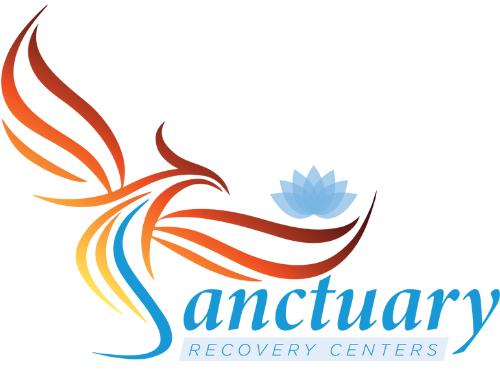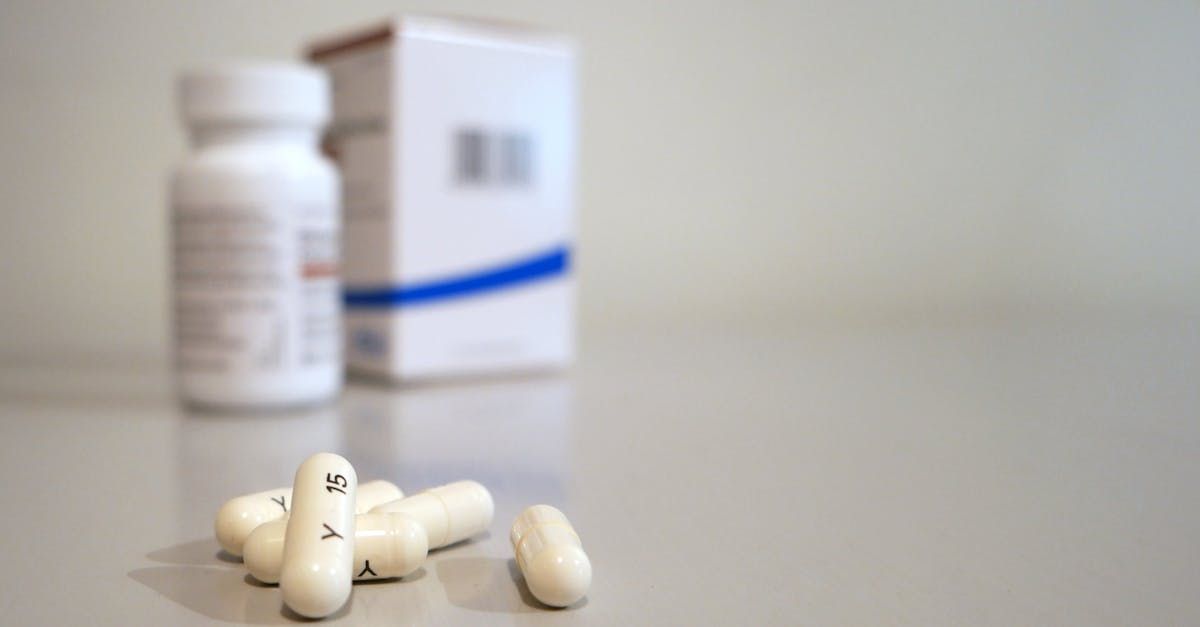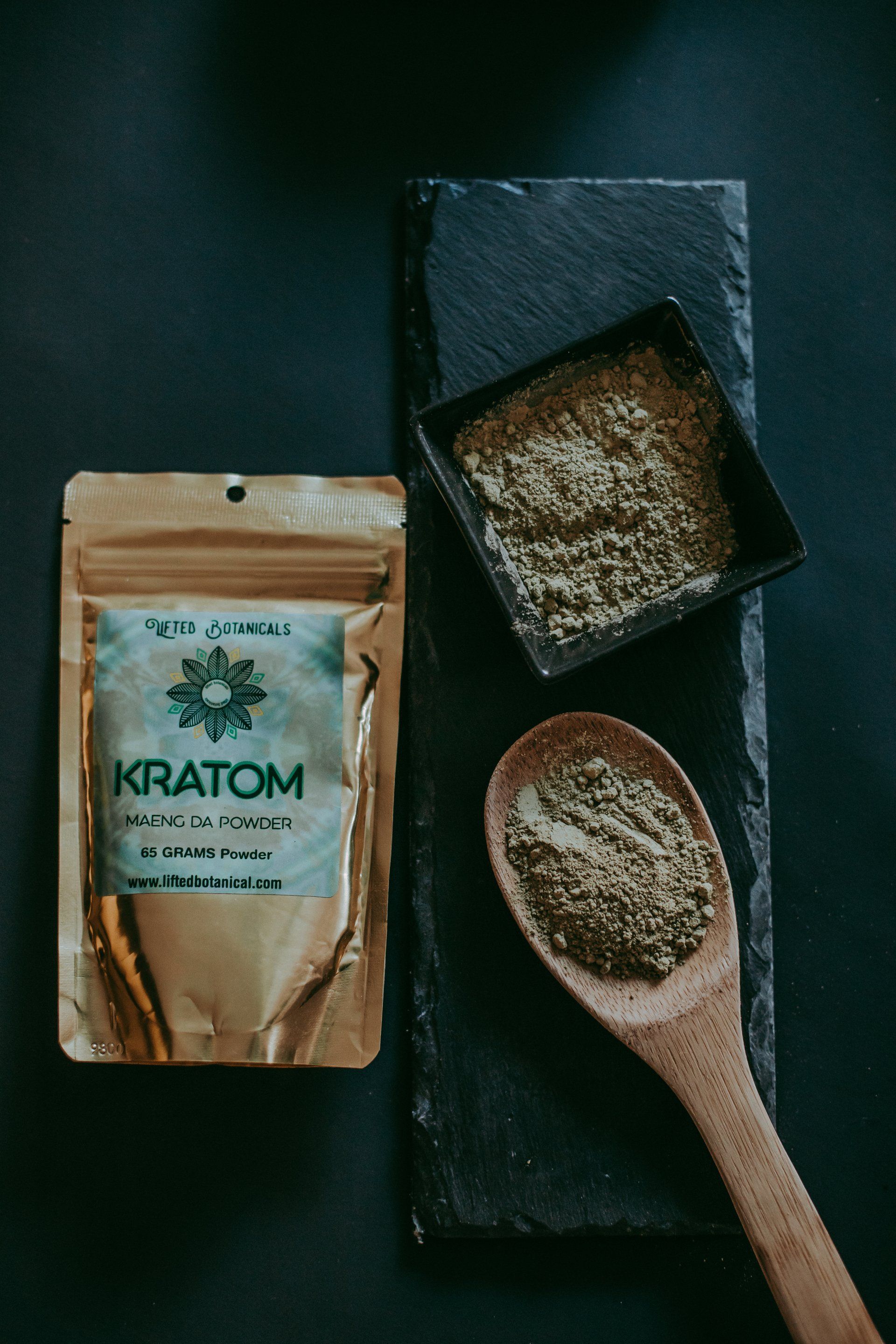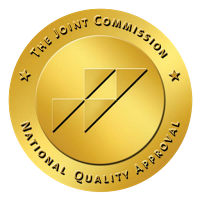Get Help With Your Addiction

What Does Addiction Do to the Brain
Do you ever wonder what addiction does to your brain? Well, let’s dive into the fascinating world of neuroscience to explore the neurochemical changes, the impact on brain structure and function, and the long-term effects of addiction.
By understanding how addiction alters the very foundation of your brain, you can gain insight into this complex and often misunderstood phenomenon.
So, let’s embark on this scientific journey to unravel the mysteries of addiction and its profound impact on your brain.
The Neurochemical Changes in the Brain During Addiction
You can observe the neurochemical changes in your brain during addiction. Addiction disrupts the normal balance of neurotransmitters, which are chemical messengers that transmit signals between nerve cells.
One key neurochemical change is the imbalance of dopamine, a neurotransmitter involved in the brain’s reward system. Normally, dopamine is released in response to pleasurable activities, reinforcing the behavior and creating a sense of reward.
However, in addiction, the reward system becomes dysregulated, leading to excessive dopamine release. This flood of dopamine overwhelms the brain and creates a strong desire to repeat the addictive behavior.
Additionally, other neurotransmitters such as serotonin and norepinephrine may also be affected, contributing to various symptoms of addiction, including cravings, mood swings, and withdrawal.
Understanding these neurochemical changes is crucial for developing effective treatments for addiction.
The Impact of Addiction on Brain Structure and Function
Understanding the impact of addiction on brain structure and function is essential for developing effective strategies to address this issue. Addiction is a complex condition that affects the brain in multiple ways. Research has shown that addiction can lead to changes in brain plasticity, which refers to the brain’s ability to adapt and change in response to experiences. These changes can result in cognitive impairments, such as difficulties with decision-making, impulse control, and memory.
Studies have also found that addiction can affect various regions of the brain, including the prefrontal cortex, which is responsible for executive functions, and the reward system, which plays a key role in reinforcing addictive behaviors. By understanding the impact of addiction on brain structure and function, researchers can develop interventions that target these specific areas to improve treatment outcomes.
Understanding the Long-Term Effects of Addiction on the Brain
Understanding the long-term effects of addiction on the brain is crucial for developing effective treatment strategies and interventions to mitigate cognitive decline and restore brain function.
How do the long-term effects of addiction impact the brain?
Addiction has profound and lasting effects on the brain, particularly in the areas associated with reward, motivation, and decision-making. Research suggests that addiction can lead to changes in brain plasticity, which is the brain’s ability to reorganize and adapt over time. These changes can result in a range of cognitive deficits and impairments.
For instance, chronic drug use can lead to cognitive decline, affecting memory, attention, and executive functions. Additionally, addiction can alter the brain’s reward system, making it less responsive to natural rewards and more focused on seeking drugs or engaging in addictive behaviors.
The post What Does Addiction Do to the Brain appeared first on Sanctuary Recovery Centers.

Call 1 (844) 798-TRUE and Start Your Journey to Recovery Today!
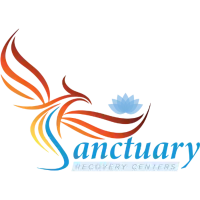
Office Address
11645 N Cave Creek Rd
Phoenix, AZ 85020
Other Crisis Contacts
National Suicide Prevention Line:
1-800-273-8255
Call Toll Free
Local Phone Number
(480) 309-9945
Fax
(480) 281-5225
Office Hours
M-F: 8:30 AM – 5:30 PM
Fentanyl Addiction Specialist
Please reach out with questions or concerns regarding you or a loved one in fentanyl addiction.
If this is an emergency, please call 911 or go to your nearest emergency room.
